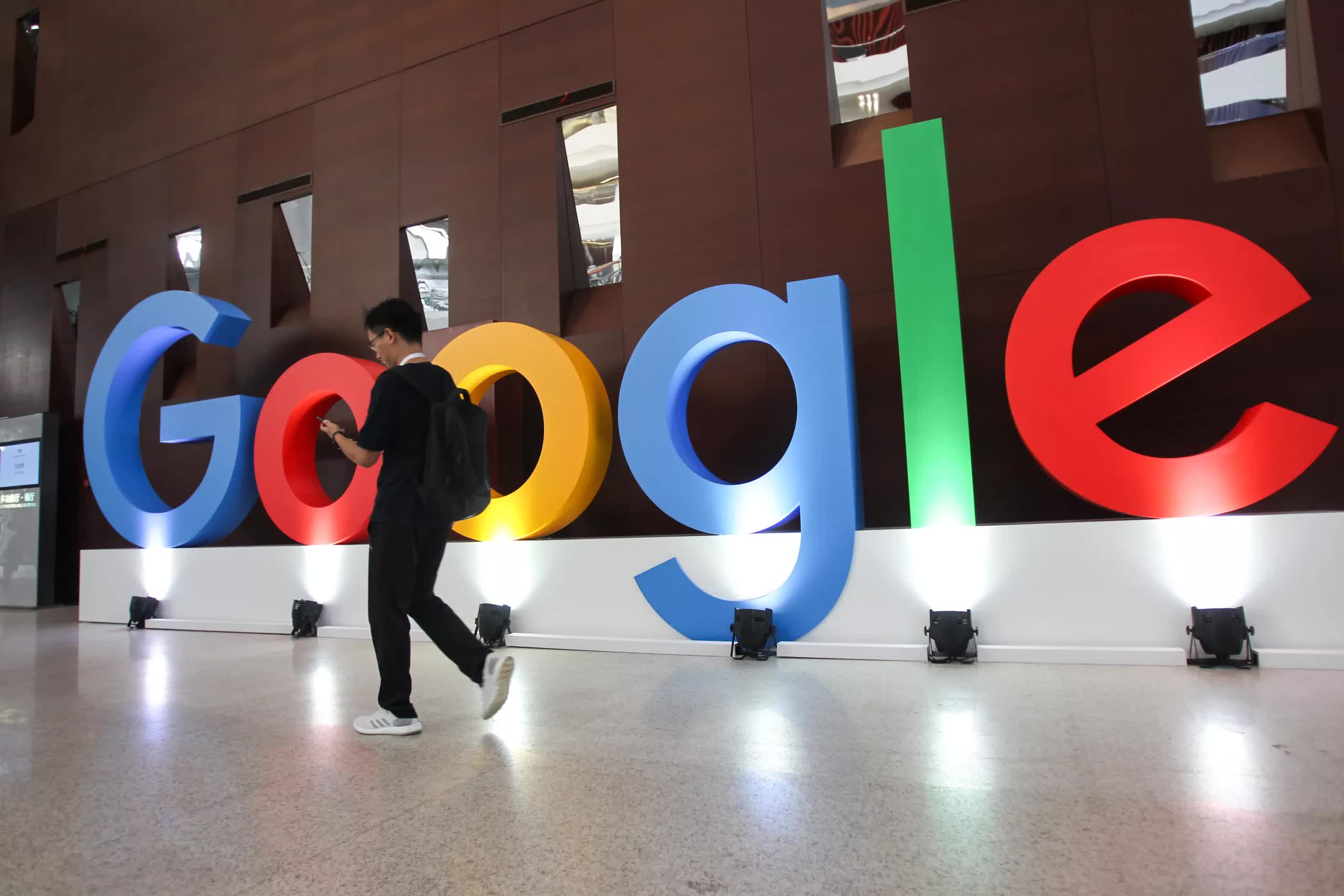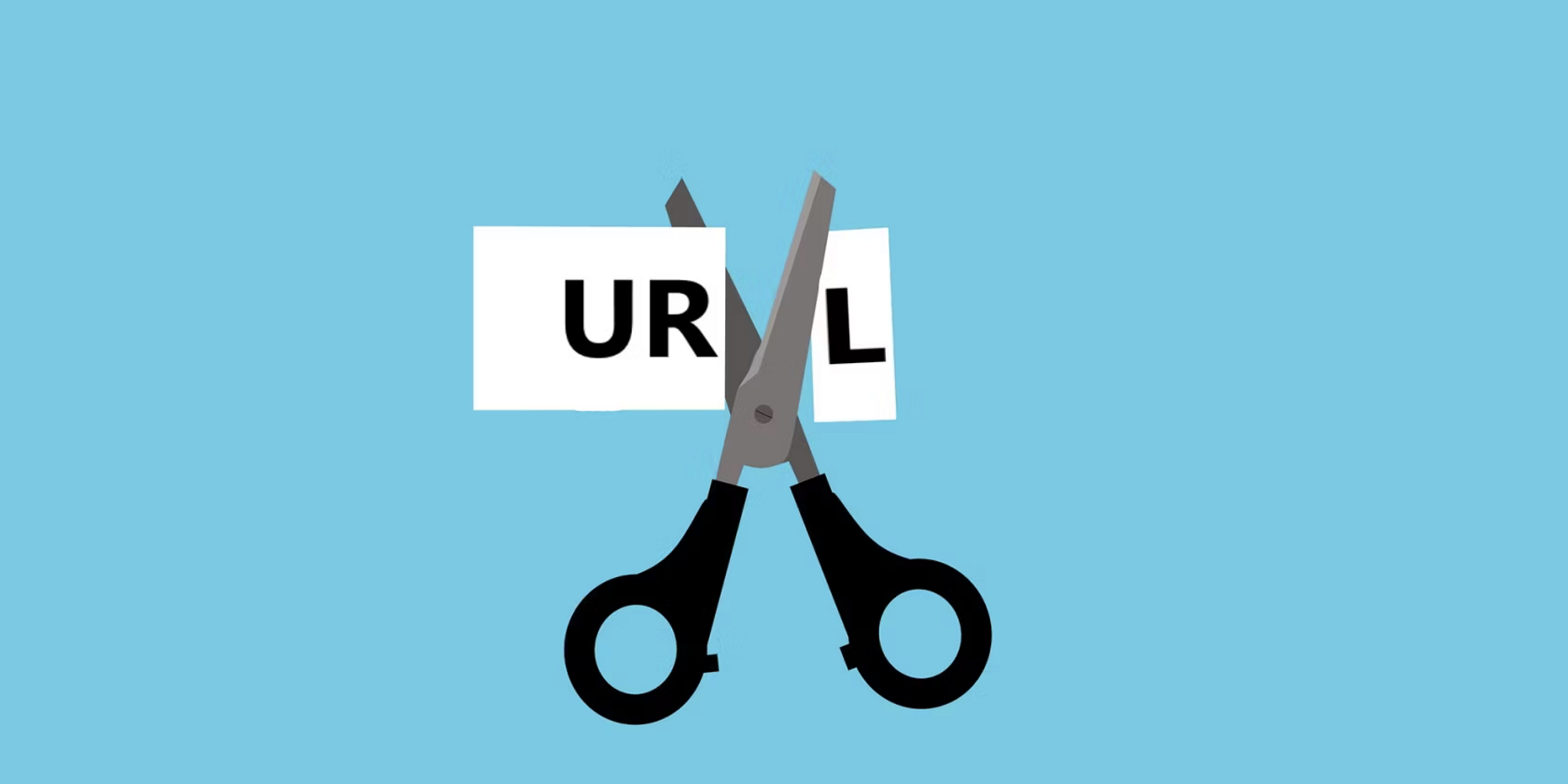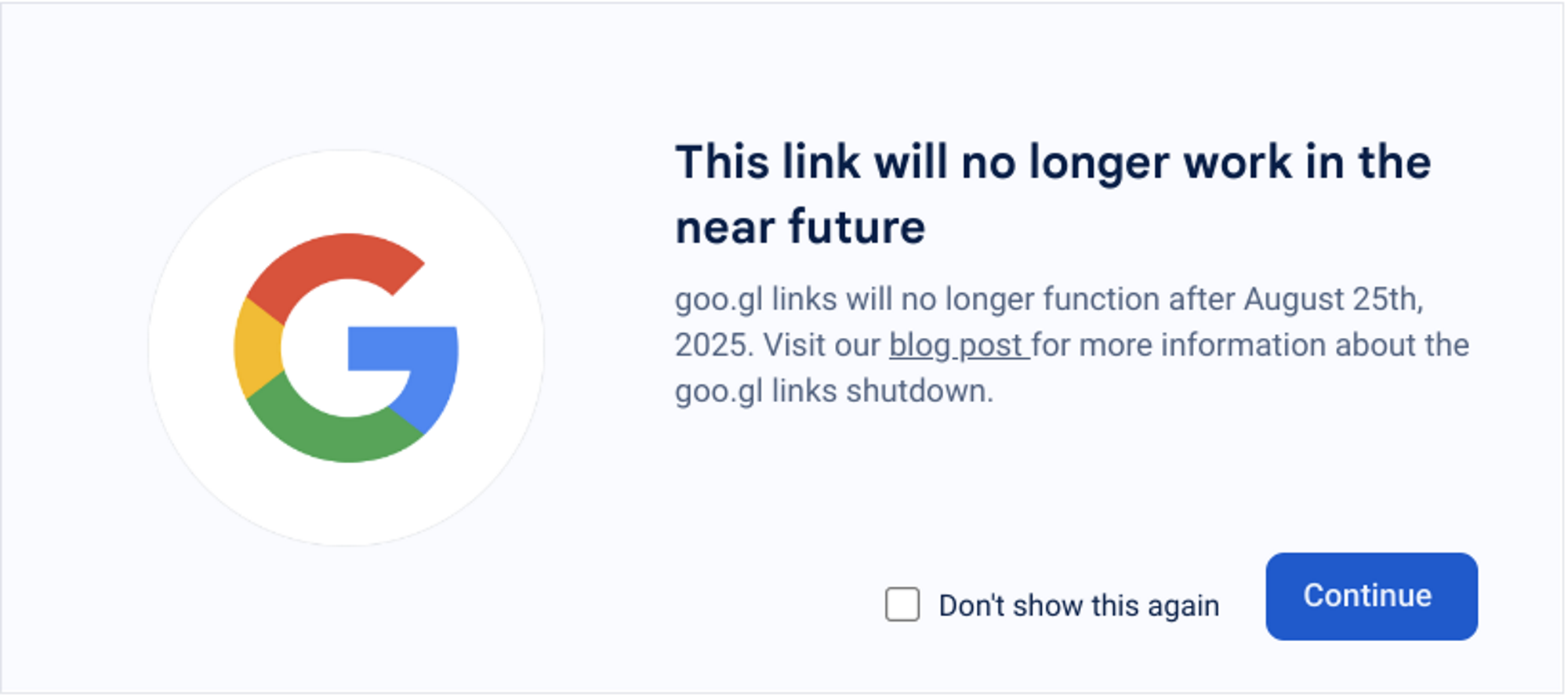Link Rot: URL shortening is a technique designed to turn long web addresses into shorter, more manageable links. This process can make life easier for web visitors, but it can also introduce a new point of failure to an already fragile internet infrastructure as Google is preparing to demonstrate.

Google just announced that links created through its URL shortener service will soon stop working. The service was deprecated a few years ago, but old links were still functioning as expected. After August 25, 2025, URLs starting with "goo.gl/" will return a 404 HTTP error response instead of resolving to the original web link.
Mountain View deprecated the URL shortener service in 2018 and asked developers to transition to Firebase Dynamic Links, which have now been deprecated as well. The company continued to resolve previously shortened links, but the service could no longer create new goo.gl links. Google explained the deprecation by citing the emergence of numerous popular URL shortening services, many of which are still going strong today.

Any developer still using goo.gl links will be impacted by the change, but Google is taking a year to properly inform users about the issue. Starting August 23, 2024, the company said, an undisclosed percentage of goo.gl links will display an interstitial page with a warning about the 2025 expiration date before redirecting the user to the original target page.
The percentage of links showing the interstitial warning will increase over time until the shutdown date. This way, developers should be able to track and modify any affected links before encountering the dreaded 404 error response. Interstitial pages may also cause issues for link redirections, the company warned, although the warning can be "suppressed" by manually adding the query parameter "si=1" to goo.gl links.

Today's web is very different compared to 2018, and URL shorteners have mostly lost their consumer appeal in favor of apps and mobile-focused experiences. Furthermore, link rot and AI-generated content have turned the web into a less enjoyable source of information than it was before.
Billions of URLs using Google's link shortener will stop working in 2025